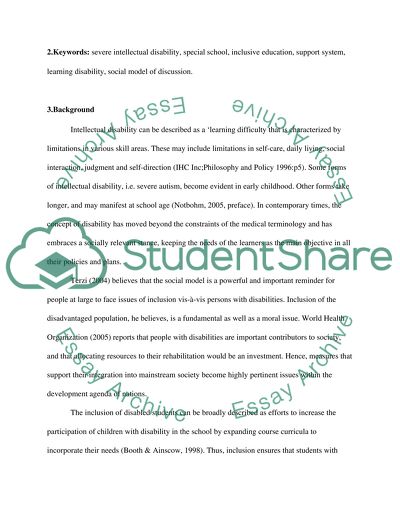Cite this document
(“Factors affecting learners behaviour in Gauteng Special schools Essay”, n.d.)
Retrieved from https://studentshare.org/family-consumer-science/1411197-factors-affecting-learners-behaviour-in-gauteng
Retrieved from https://studentshare.org/family-consumer-science/1411197-factors-affecting-learners-behaviour-in-gauteng
(Factors Affecting Learners Behaviour in Gauteng Special Schools Essay)
https://studentshare.org/family-consumer-science/1411197-factors-affecting-learners-behaviour-in-gauteng.
https://studentshare.org/family-consumer-science/1411197-factors-affecting-learners-behaviour-in-gauteng.
“Factors Affecting Learners Behaviour in Gauteng Special Schools Essay”, n.d. https://studentshare.org/family-consumer-science/1411197-factors-affecting-learners-behaviour-in-gauteng.


